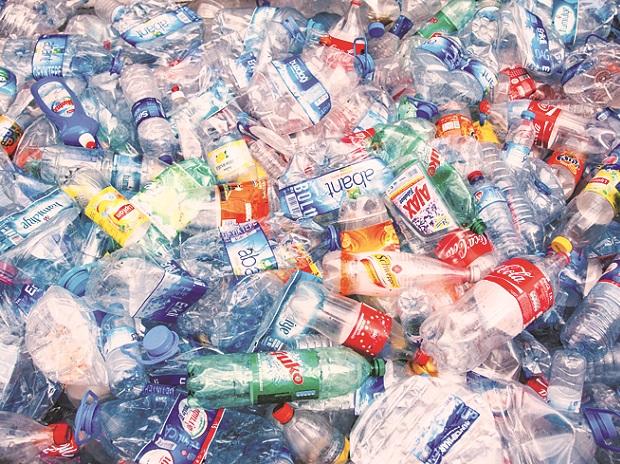
If finalised, the cost of packaging of all materials including food, agriculture, fertilizer, clothes and all other items would rise significantly. The increase in the minimum thickness of the packaging material would increase the cost of packaged products and hence, lead to a further escalation in their cost.
Plastic manufacturers have raised objections with the government on the proposal.
A senior government official said on the sidelines of Plastivision India 2020, organized by The All India Plastics Manufacturers’ Association (AIPMA), here on Thursday, “The government is considering making plastics thickness of a minimum 125 microns mandatory. Deliberations are underway with the industry representatives to finalise a formal policy on the plastic industry in India.”
Effective October 2, 2019, the Centre announced a ban on six plastics items of daily convenience with their thickness below 50 microns. These items include plastic bags, cups, plates, small bottles (below 200ml capacity), straws and certain types of sachets. Since then, the government set up an expert committee involving raw material manufacturers, scrap processors, exporters and importers to frame an industry-friendly policy. The ban on the usage of single-use plastics, however, has prompted the usage of alternatives for packaging including clothes, paper, glass etc.
Several rounds of expert committee meeting remained inconclusive due to objections from the manufacturers and processors on such a high level of thickness of polyethylene.
“We are with the government in protecting the environment from littering of used plastics which causes harm to the environment. But, the ban is not a solution. Hence, we are insisting on 50 microns of a minimum thickness of plastics polyethylene which is a global norm. The government should move in tandem with the rest of the world and fix the minimum thickness at 50 micron,” said Jagat Killawala, President, AIPMA.
India produces around 20 million tonnes of plastics made of polymer manufactured using gas and petroleum by-products as raw materials. Now, environment-friendly polymers are also being produced using maize, sugarcane etc. India’s plastics production is estimated to rise to 26 million tonnes in the next two-three years.
“Around 65 per cent of plastics manufactured is recovered through various channels as scrap for processing. For the remaining of around 35 per cent, however, a concerted effort is needed for organized means of scrap collection,” said Arvind Mehta, Chairman and Managing Director, Welset Plast Extrusions, a city-based plastics manufacturer.
Plastic manufacturers have urged the government to set aside Rs 4500 crore under technology upgradation fund scheme (TUFS) as being allocated to the textile sector, to encourage upgradation in age-old technology, plant and machinery; and improve eventually efficiency of the industry.







